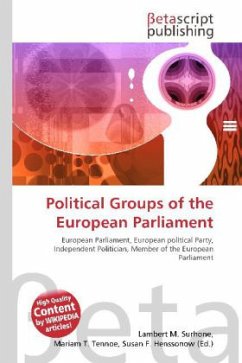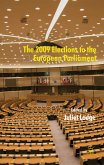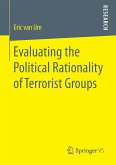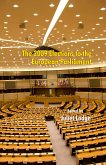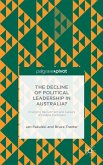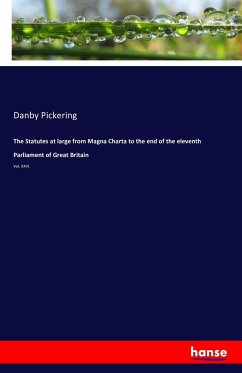Please note that the content of this book primarily consists of articles available from Wikipedia or other free sources online. Working together in Groups benefits European political parties: for example, the European Free Alliance (5 MEPs in 6th Parliament) and the European Greens (37 MEPs in 6th Parliament) have more power by working together in the European Greens European Free Alliance Group (42 MEPs) than they would have as stand-alone parties, bringing their causes much-needed additional support. Further incentives for co-operating in Groups include financial subsidies from the Parliament and guaranteed seats on committees which are not afforded to Independent MEPs. For a Group to be formally recognised in the Parliament, it must fulfil the conditions laid down in the relevant European Parliament Rule of Procedure.That Rule lays down the minimum criteria a Group must meet to qualify as a Group. Provided those criteria are met, MEPs can theoretically create any Group they like. This was put to the test when MEPs attempted to create a far-right Group called "Identity, Tradition, Sovereignty".
Bitte wählen Sie Ihr Anliegen aus.
Rechnungen
Retourenschein anfordern
Bestellstatus
Storno

